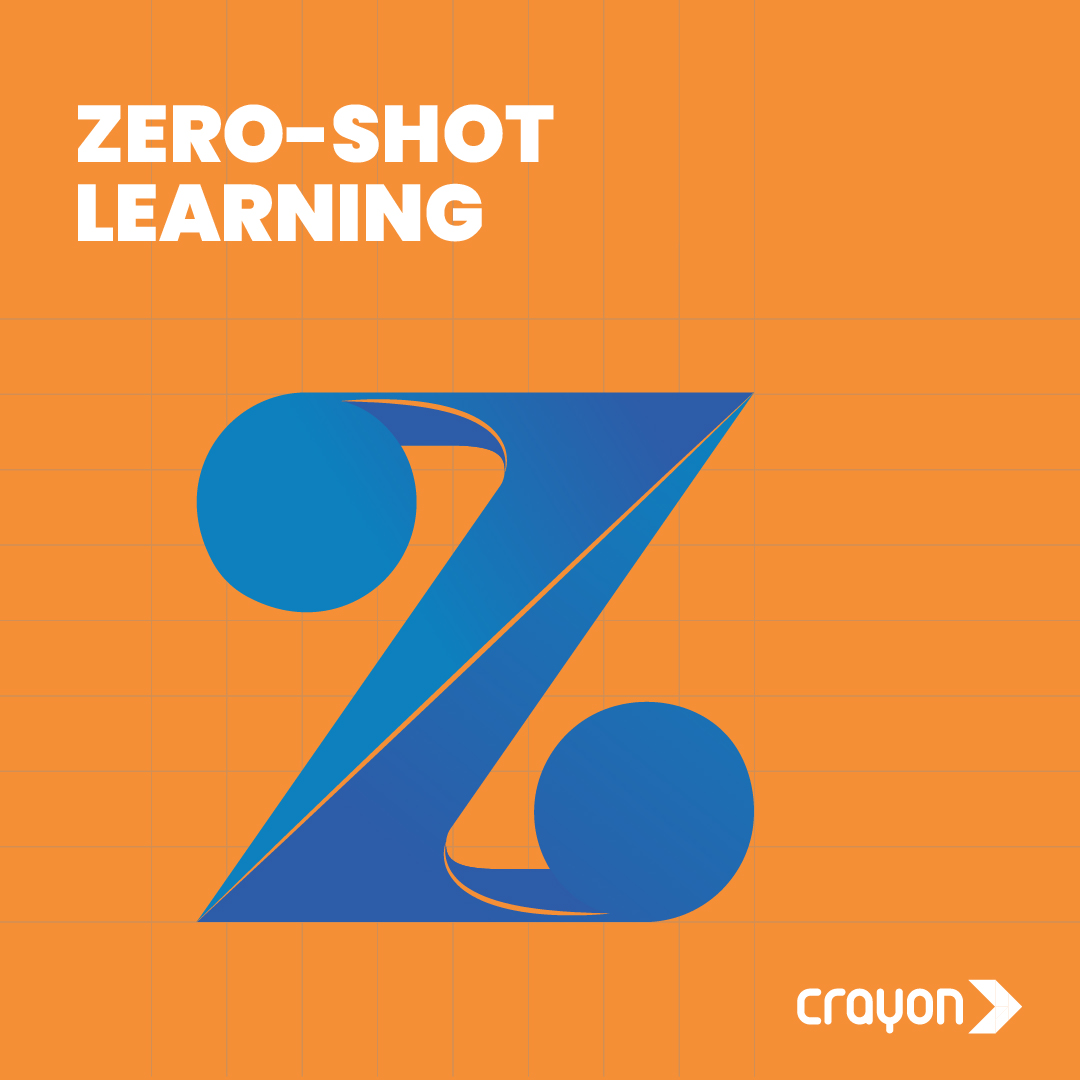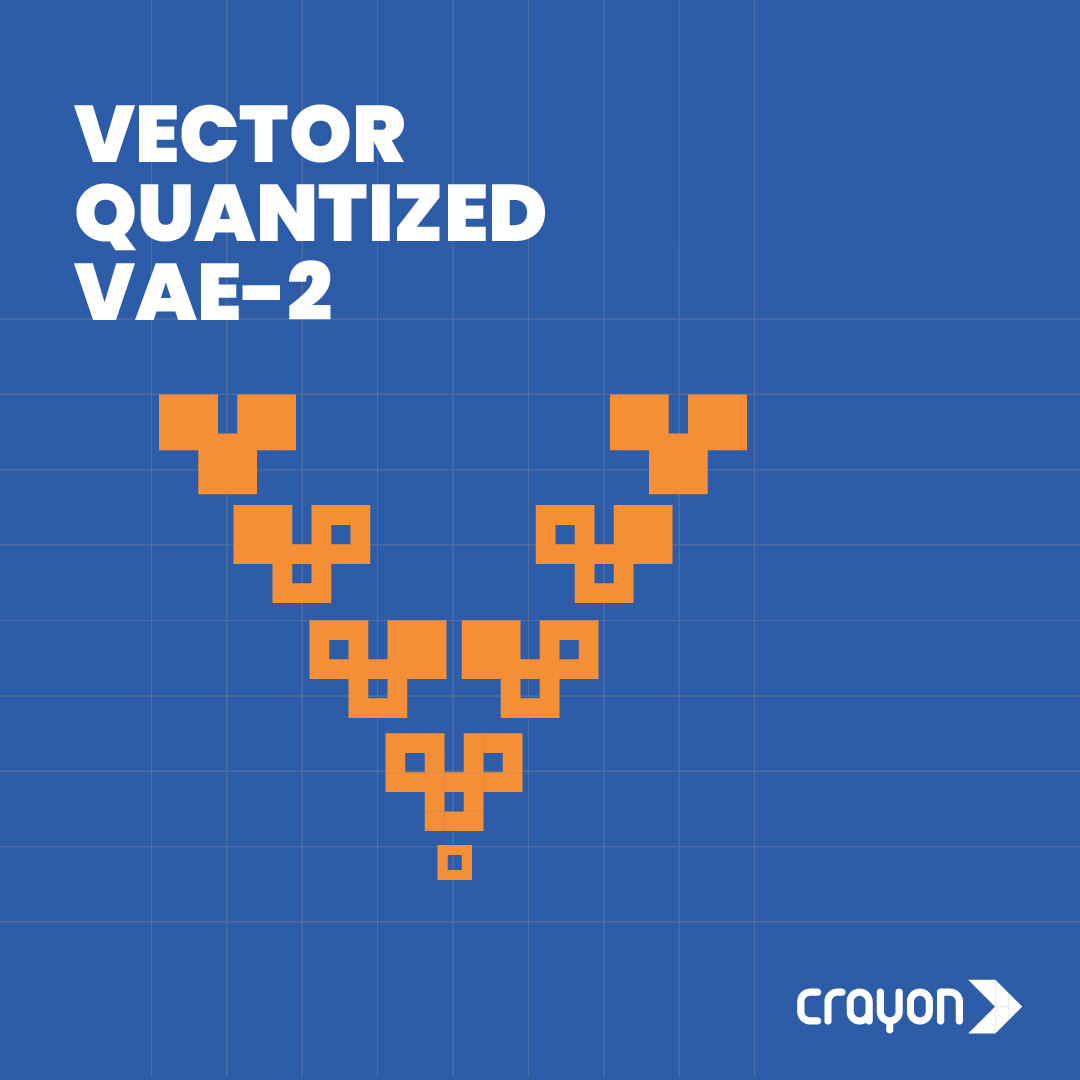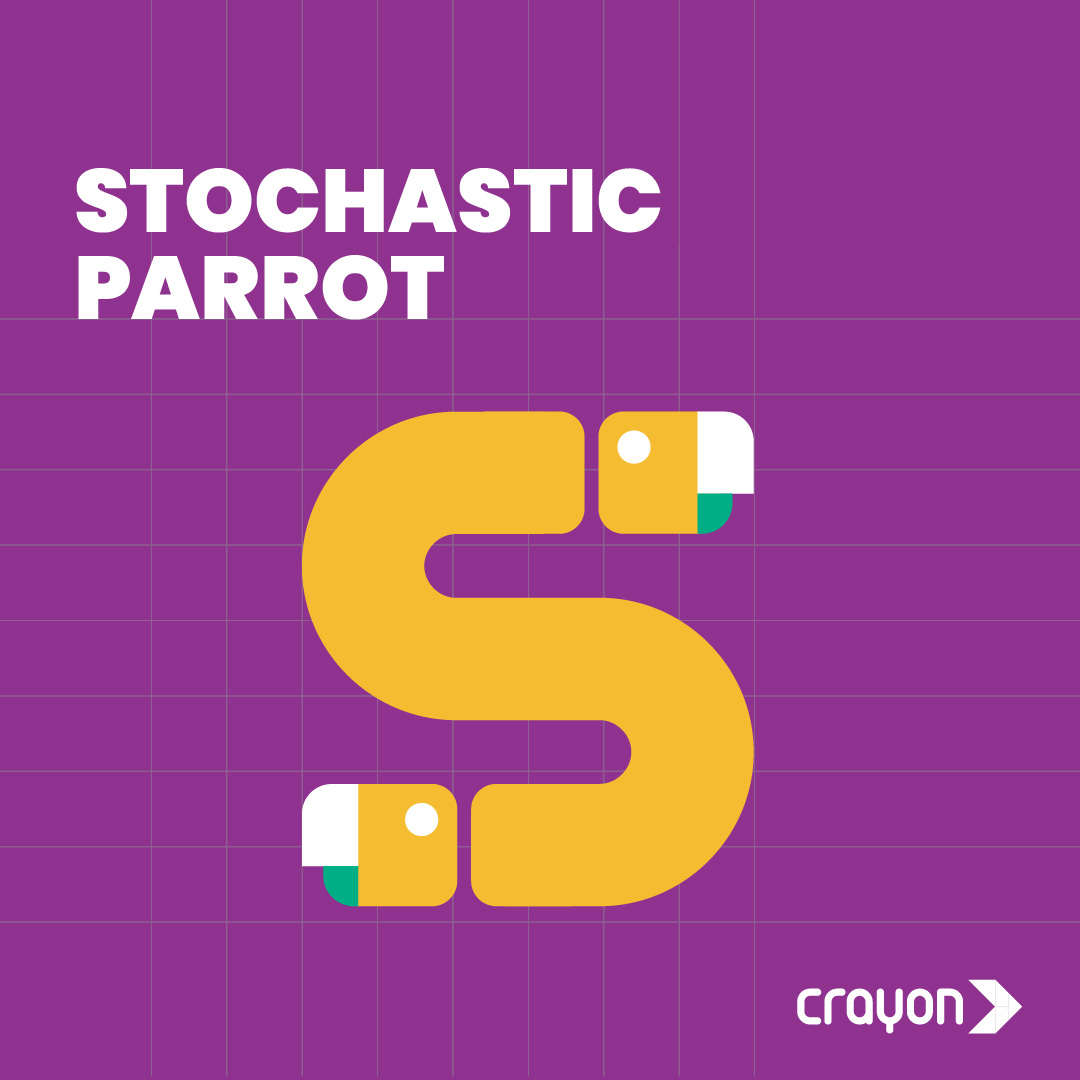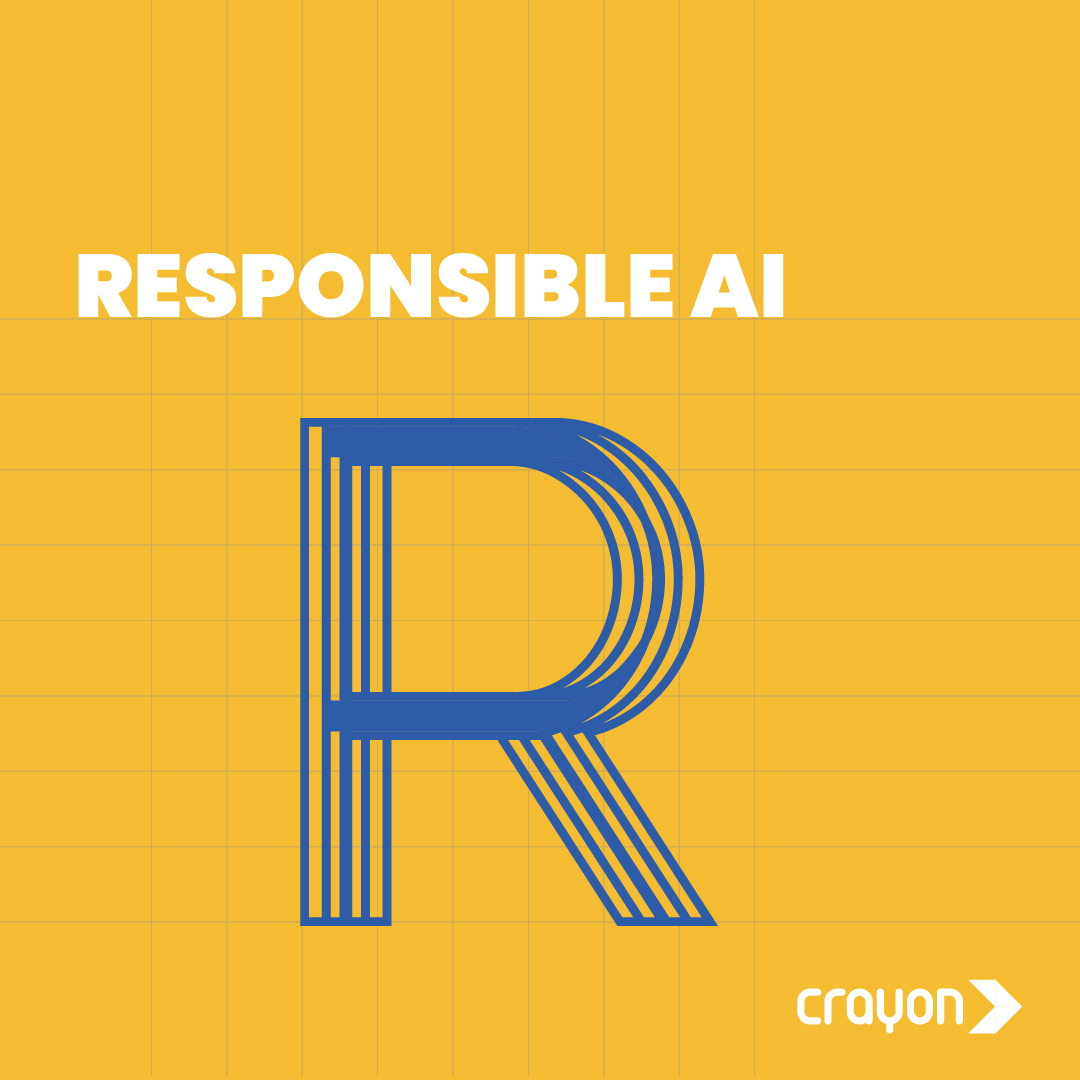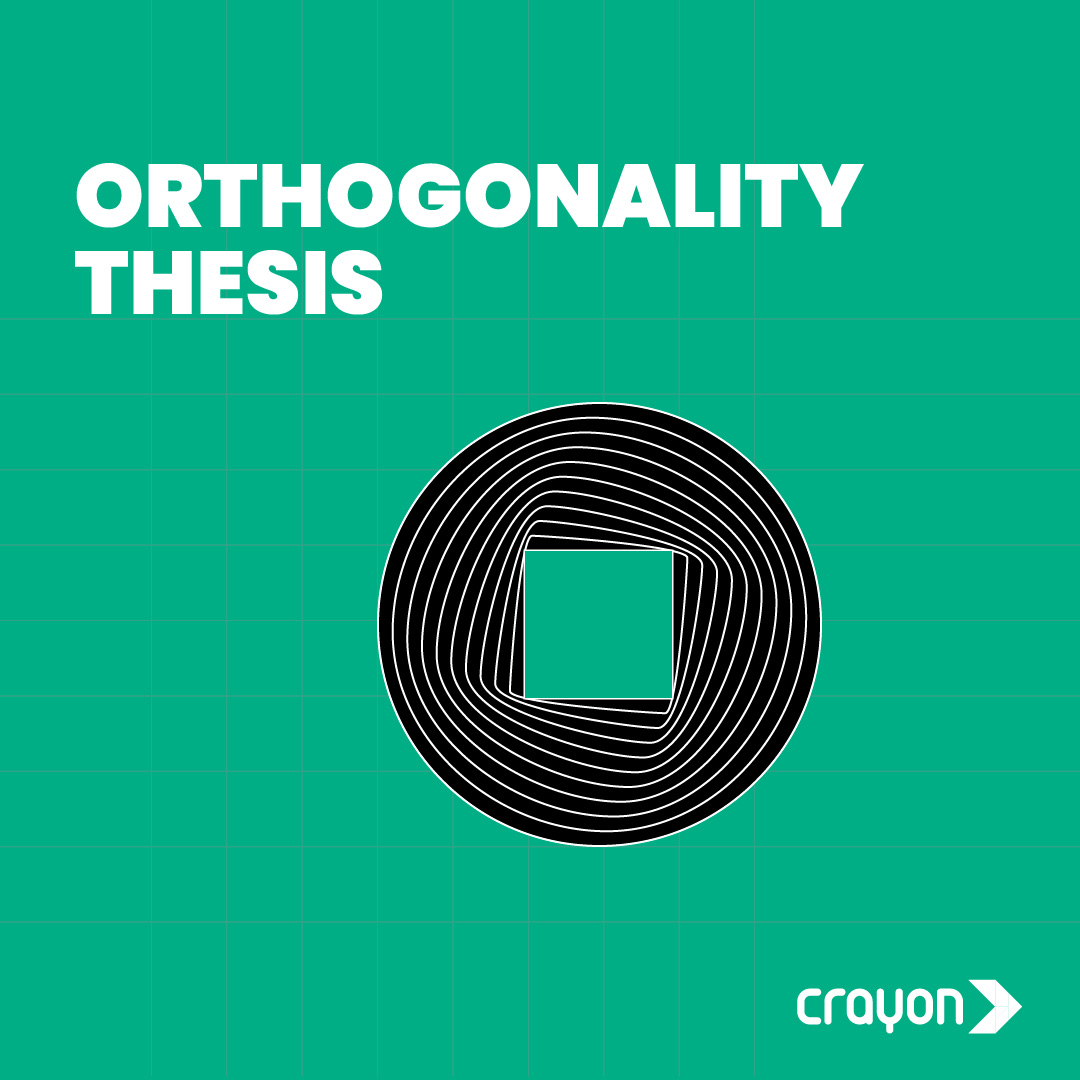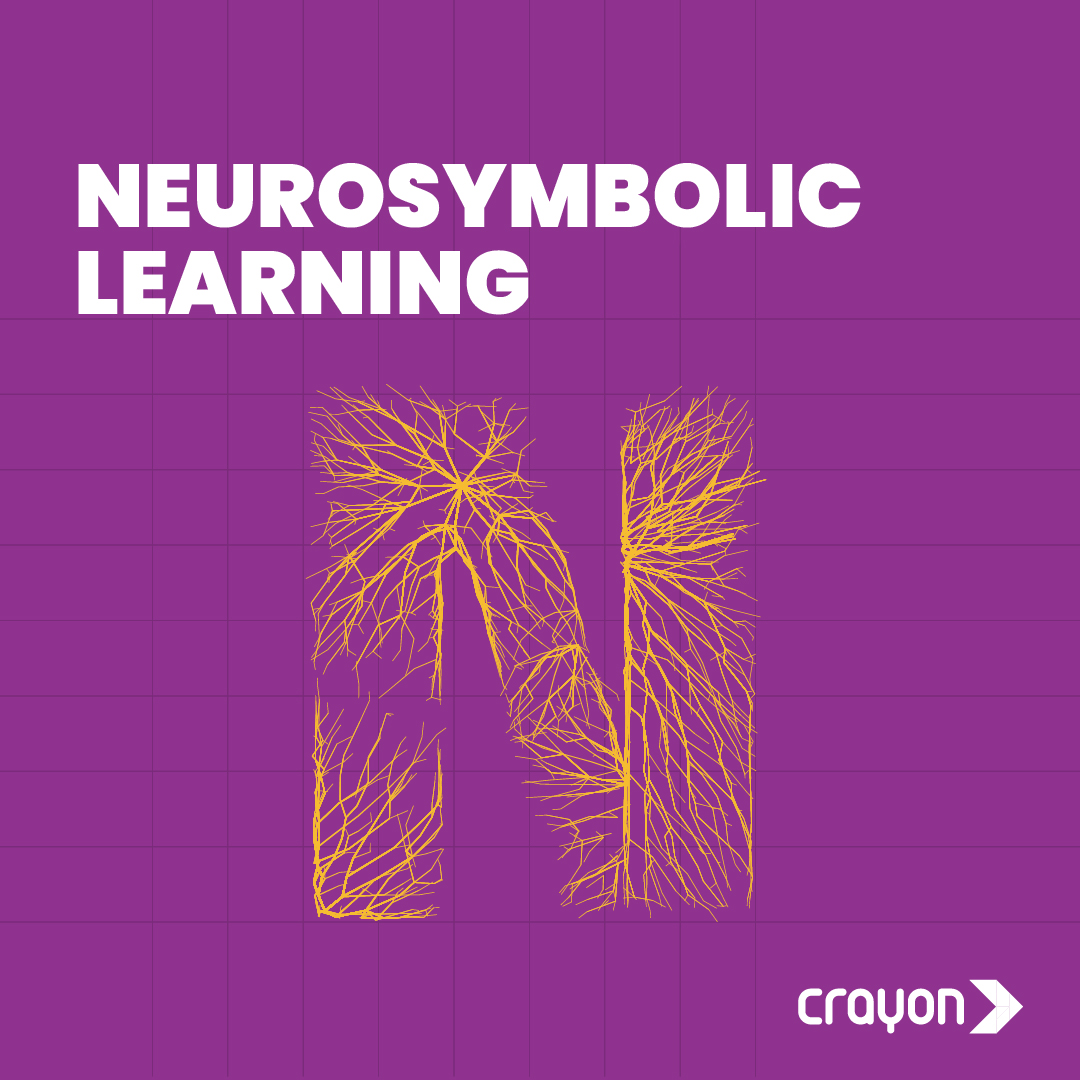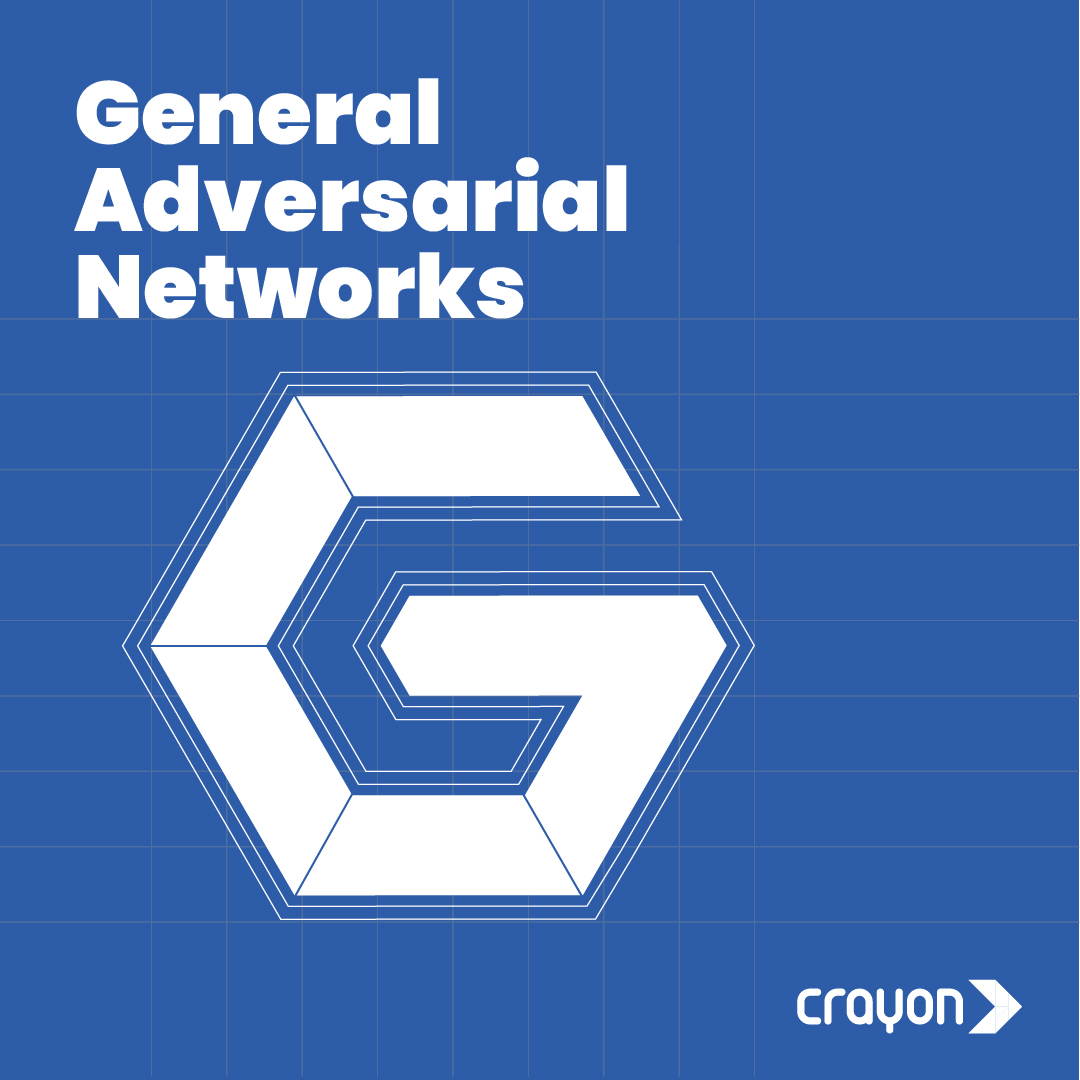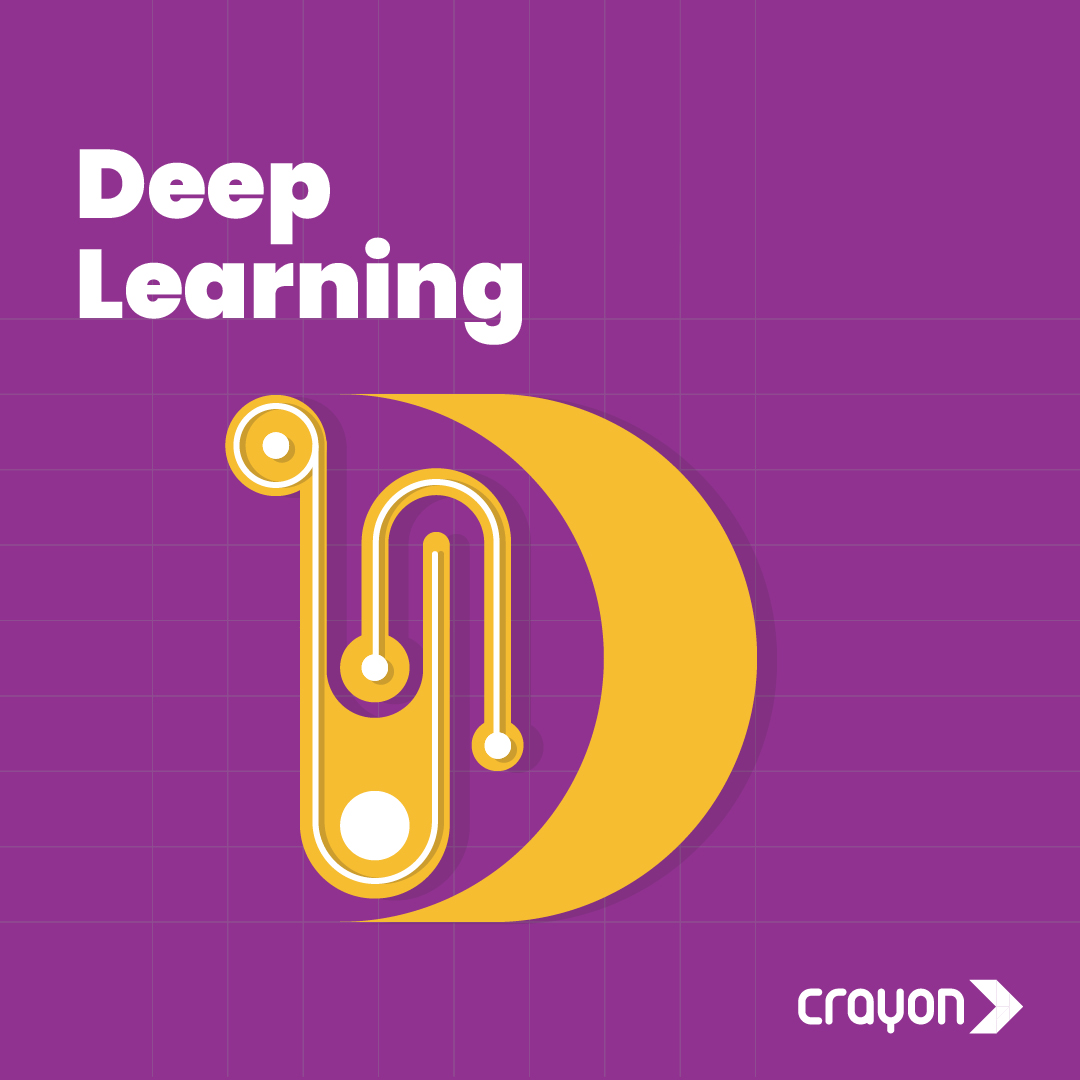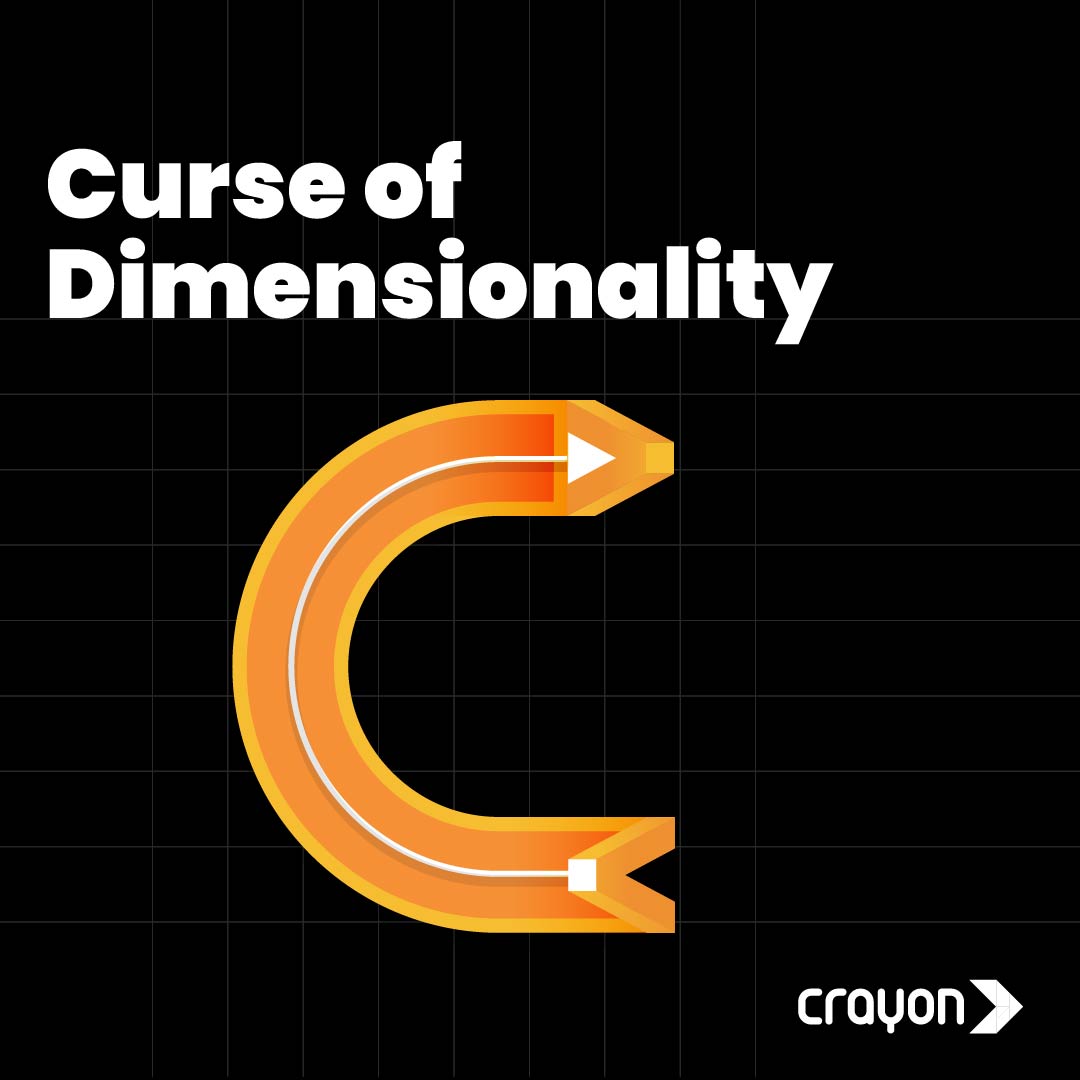“Why was the quantum AI always so calm and composed? Because it never had any bits of anxiety, only qubits of serenity!”
AI is revolutionizing our world by creating machines and systems that mimic human intelligence and beyond. However, the increasing complexity and volume of our data present significant challenges to our existing computing capabilities. That is the Schelling point where Quantum Computing meets AI.
Quantum Artificial Intelligence (AI) is a technology that combines quantum computing and AI. Quantum computing leverages the principles of quantum mechanics such as superposition, entanglement, and tunnelling for designing software and hardware to provide machines the ability to learn insights and patterns and to adapt automatically to changing situations with high precision, accuracy, and incredible speed. Merging that immense computational power with advanced AI algorithms removes all the existing barriers in solving complex problems that are currently infeasible.

Here are some key aspects of Quantum AI:
- Quantum Computers: Quantum AI relies on quantum computers, which use quantum bits (qubits) instead of classical bits to perform calculations. Qubits can exist in multiple states simultaneously (superposition) and can be entangled, allowing quantum computers to process vast amounts of information in parallel and potentially solve certain problems more efficiently than classical computers.
- Quantum Machine Learning: Quantum AI seeks to develop algorithms and techniques that harness the power of quantum computing to enhance various aspects of machine learning. These may include optimizing machine learning models, solving complex optimization problems, and handling large datasets more effectively.
- Quantum Data Analysis: Quantum AI can be applied to data analysis and pattern recognition tasks, with the potential to accelerate the processing of large datasets, such as those encountered in fields like finance, healthcare, and scientific research.
- Quantum Simulations: Quantum computers can simulate physical systems at the quantum level more efficiently than classical computers. This capability can be valuable for simulating molecules and materials, which has applications in drug discovery, materials science, and more.
- Quantum Neural Networks: Researchers are exploring the development of quantum neural networks, which are neural network models designed to run on quantum hardware. These networks can take advantage of quantum properties to improve training and inference processes.
Check out more from #TheAIAlphabet series here.
